Janie Simms Hipp grew up in the rural Southeast corner of Oklahoma, her small town tucked into the four-state intersection with Texas, Louisiana and Arkansas.
Her grandfather worked the land, selling the family farm and moving to town the year Hipp was born. He set up shop as a tractor dealer.
“Our ecosystem was highly remote and very ag dependent,” Hipp said. “Every poverty and data point you could possibly imagine was evident in our country. It was the most beautiful, amazing place, yet everybody in it struggled.”
From these beginnings, she worked as a social worker, then in the state mental health system, and later in substance use treatment services before going to law school. Hipp, a citizen of the Chickasaw Nation, had a rare passion for learning about the Uniform Commercial Code – business law that governs everyday transactions – focusing on bankruptcy, tax and finance because, in her words, “it hits everyone in every aspect of life.”
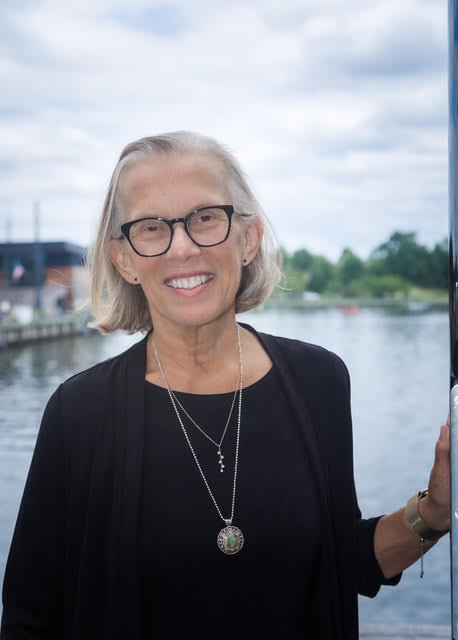
The impact of smart financing models supporting innovative food systems: Native Agriculture Financial Services (NAFS) provides reliable capital access and specialized technical support to Native agriculture related activities. It was created as a nonprofit organization with the specific mission to create an Other Financing Institution as part of the Farm Credit system of agriculture and rural lending institutions. Farm Credit system institutions have a long-standing commitment to lending in Indian Country, but NAFS provides an important specialization capacity to support that commitment. Capital access in Native communities is critical to sustainable economic development, as is ensuring long-term success and sustainability of agriculture and food sovereignty activities.
Clarity and commitment
Today, Hipp is the president and CEO of Native Agriculture Financial Services. A W.K. Kellogg Foundation (WKKF) grantee, it develops partnerships and provides capital to support agriculture production, rural business development and rural infrastructure for Native American farmers, ranchers and agricultural communities.
Her decades of work in this space reach back to the height of the 1980s farm financial crisis that plagued Oklahoma, and the U.S., just as she was finishing law school.
“The ag sector collapsed at the same time the oil and gas sector collapsed and at the same time the banking system collapsed,” Hipp said. “Within a window of a few years, Oklahoma had the highest suicide rate among farmers and ranchers in the whole country.”
While in a meeting with agriculture, legal and government officials, Hipp had an epiphany, noting the irony that “farmers throughout the country literally qualified for food stamps.” It spurred a lifelong commitment to addressing weaknesses in the national food system and changing how we think about those who work their soil to produce our food.
Forty years later, similar issues
In the mid-80s, Hipp said they attempted a variety of different tactics, including nationwide and state-level moratoriums on foreclosures. Various groups within the faith community were extremely active during this period. Farm Aid was also created by artists Willie Nelson, Neil Young, John Mellencamp and other prominent musicians helping raise funds to support farmers, resulting in credit and debt mediation, as well as rural mental health programs.
More than four decades later, the U.S. is facing similar obstacles.
“These challenges are cyclical because that’s what agriculture is, a circle and a system,” Hipp said. “It deeply depends on the earth, soil, water, weather and people.”
But she sees an inherent risk that may hamper efforts to reform.
“If you don’t talk about economic and legal structures in agriculture, you can’t plan for them,” Hipp said. “The food system in the United States and around the world has a whole aspect that is legal, but it is also deeply embedded in finance, transportation and logistics. Every single part of it requires us to talk about money.”
Innovative approaches
Two other WKKF grantees, Akiptan and Food System 6, are finding new ways to support farmers.
- Akiptan is a Community Development Financial Institution that provides a wide range of support, from direct financial investment to technical assistance and training. While it invests in Native agriculture and food economies in a variety of ways, it also offers unique, forward-looking support for youth agriculture producers that can help build and sustain impact over a long time.
- Food System 6 helps direct funds to accelerate the transition to regenerative agriculture, a holistic way of farming focusing on health, sustainability and support for communities and ecosystems. They’re currently gathering data about and lending best practices in order to inform and strengthen future investment efforts.
Love for the land and the people
Modern economies are incredibly varied, with most people earning a living in ways that don’t involve the soil, the sun or the cruel treacheries of weather. So a direct connection to the land may be hard for some to understand.
But both those who earn a living growing food and those who spend their resources consuming it have a shared interest in innovative improvements to the food system.
Janie Simms Hipp has seen, and lived this, throughout her life.
“Many times people will make decisions about their agriculture that seem incomprehensible to us,” Hipp said. “And outside observers may say, ‘This won’t pencil out. Why is this person staying in this operation when they’re financially in the red?’”
She pauses a second before continuing: “When you stand on the earth every day, when your people are buried there, when you raise your children on that land, your relationship to it is much deeper than a $10 bill.”
As Hipp thinks about what she has learned and what she teaches, she is both honest and inspired.
“At my age, I get more and more frustrated but also more and more optimistic,” she said. “I consider it part of my purpose on the planet to help people understand how the web of agriculture was created and how interrelated it all is.”
That web dates back tens of thousands of years, so there are no quick fixes.
“We need a national re-engagement on these issues,” Hipp said. “I would love to see this country engaging in a deeper unpacking of where we’re all going 100 years from now. That’s the timeline we need to think about.”

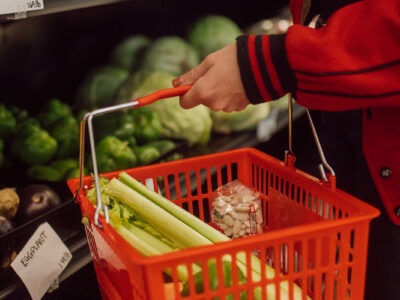
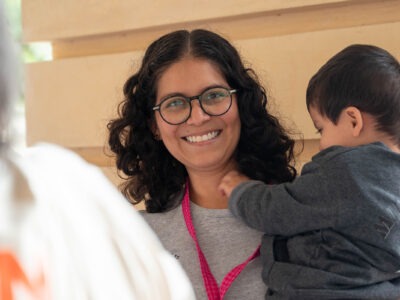
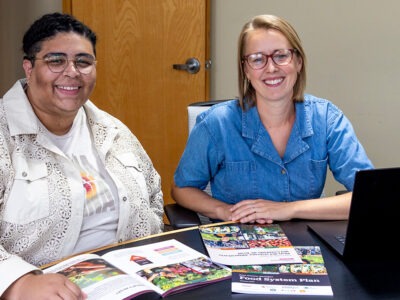
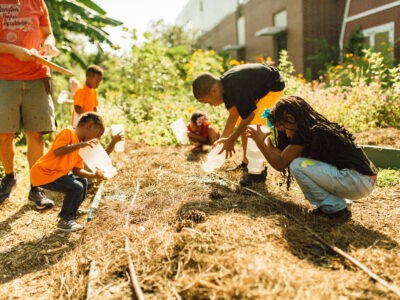
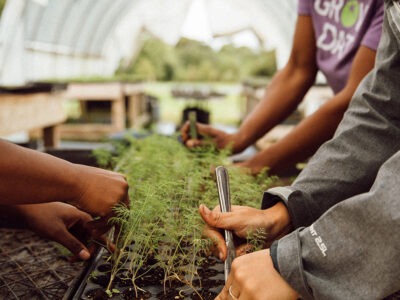
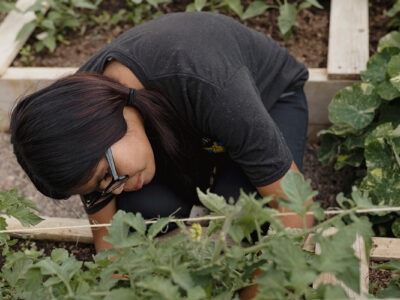
Comments